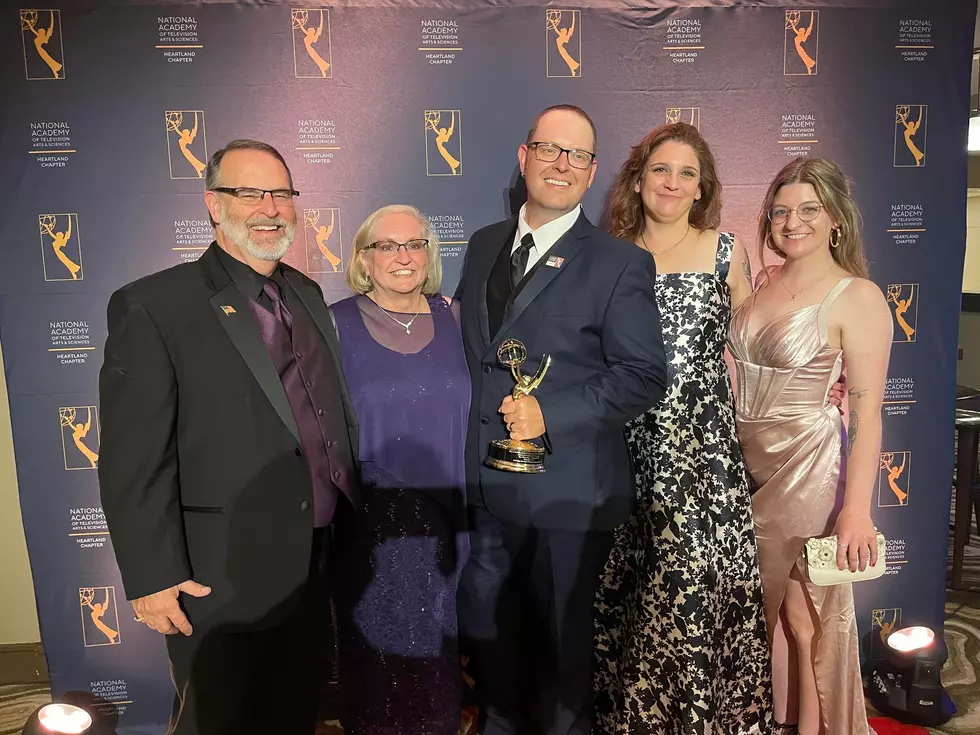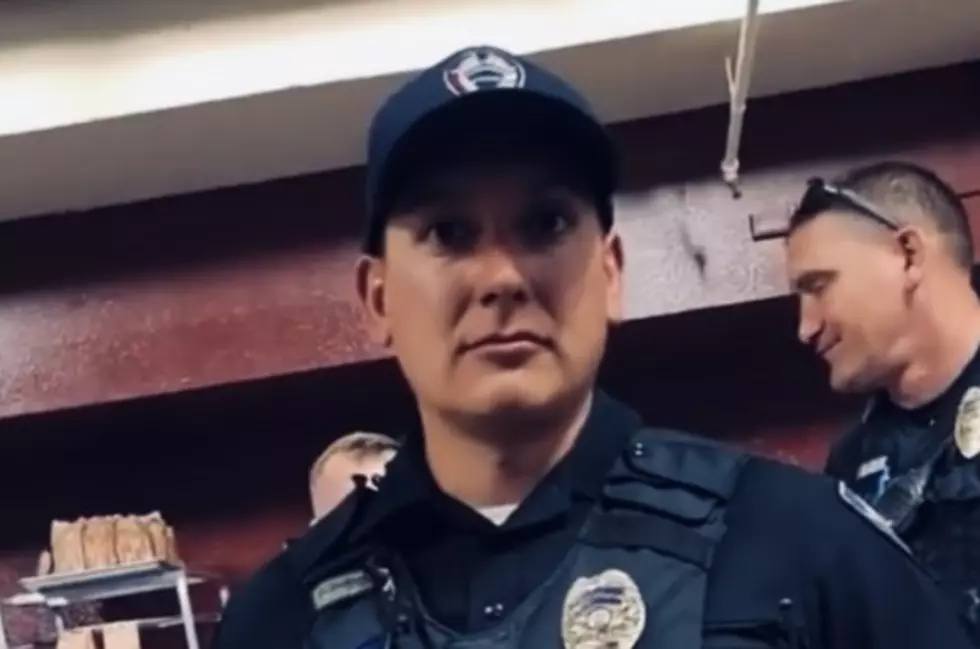
Casper Child Molester Retrial Case Goes To Judge For Decision
Natrona County District Court Judge Thomas Sullins will review testimony given Thursday and last month to determine whether a convicted child molester should receive a new trial.
Joshua Winters was convicted in May 2017 on counts of kidnapping and first- and second-degree sexual abuse of a minor, and sentenced to 80-115 years imprisonment in September.
In March, Winters asked for a new trial through his attorney Keith Nachbar, claiming his public defender Rob Oldham failed to adequately defend him, citing these reasons:
- Failure to challenge the competency and credibility of a child witness, who was the victim in the case.
- Failure to object to the admission of the forensic interview of the victim as well as other claimed hearsay.
- Admission of other hearsay without objection.
- Failure to interview and confront witnesses.
- Failure to consult with and call a DNA expert.
Thursday's two-hour hearing concluded an all-day hearing on July 2.
Nachbar said he had no further witnesses.
Assistant District Attorney Kevin Taheri, who earlier said many things contributed to Winters' conviction but incompetent counsel wasn't one of them, called Wyoming State Crime Lab senior forensic scientist Kathryn Normington to testify.
Normington said during the trial that biological evidence taken from the alleged victim revealed a DNA profile consistent with Winters.
She gave a general overview about how DNA evidence is collected, how DNA is far more present in saliva than skin cells, what may degrade DNA such as water, what DNA analysis can and cannot do, and the difference between the possibility and probability of how DNA evidence came to be present.
During his cross-examination, Nachbar asked Normington if a certain DNA collection and test had been done, and she responded that Winters' attorney did not ask for it.
In his closing argument, Nachbar said the alleged victim was the only eyewitness, Oldham did not investigate other witnesses as much as he could have, the DNA evidence from an anal swab of the victim was minimal, the victim gave inconsistent statements during his interviews at the Children's Advocacy Project, and questioned whether the alleged victim was competent to testify during the trial.
For these and other reasons, Nachbar told Sullins that Winters deserves a new trial.
Taheri responded that the evidence and testimony were overwhelming.
Winters gave contradictory statements about what happened the night of the abduction, Taheri said. Video surveillance shows Winters' actions, the victim was credible and had no reason to fabricate the assault, Oldham had access to and listened to recorded interviews, and Winters' DNA on an anal swab showed a sexual assault had happened.
Oldham did a credible job in defending Winters, Taheri added.
"Joshua Winters got convicted in this case because he was guilty," he said.
Sullins said he would take the testimony under advisement and issue a ruling later.
====================================================
Meanwhile, Winters in December appealed his conviction to the Wyoming Supreme Court, which has delayed its hearing pending the outcome of this court action.
=============================================
The case began July 18, 2016, when the then 5-year-old victim went with his brother to play video games in an arcade at the El Mark-O Lanes on CY Avenue, according to court documents.
Winters was in the adjoining bar. He quit his job as a carnival worker earlier in the day and had all his possessions with him in one or more bags.
At some point, he went to the children, gave them money to play games, and later asked them and a manager about money he said was missing.
Winters and the boy left the bowling alley together. Winters told him he would show him his camp down by the river, but later claimed the boy was helping him look for his missing money.
Investigators believe the pair walked to the intersection of 13th and Coulter streets.
Winters initially told police the boy stole his bags, chased him to the river, jumped in, hit his head and later woke up with the boy nowhere to be found. Winters later said the boy fell in the river, he jumped into the river to save the boy's life, and was wrongfully accused.
During the trial, a woman said she was driving home and saw the victim standing several car lengths from Wyoming Boulevard. She initially drove past him, but looked in her rear-view mirror and saw no adults or other children nearby.
She asked the boy if he was alright. He didn't speak, shook his head, was crying, wet and covered in sand.
She took him to the Mills Police Department and was then taken to the Wyoming Medical Center.
More From Laramie Live









